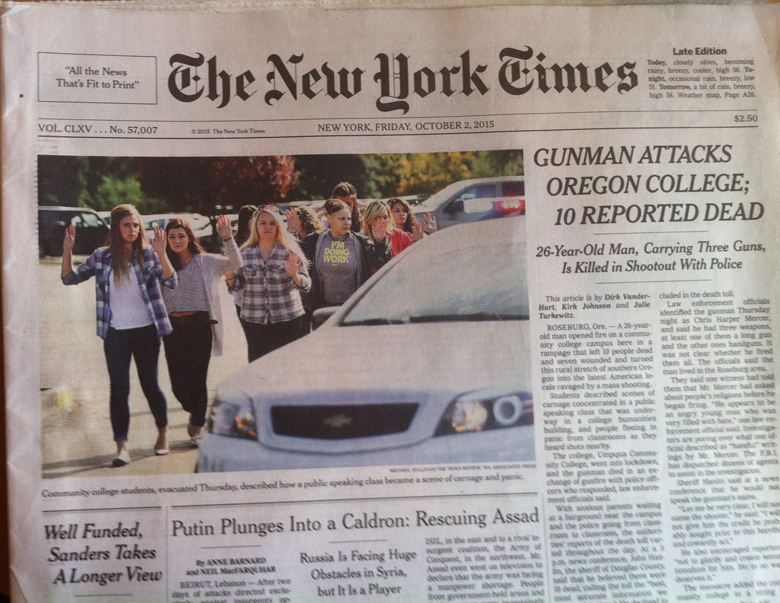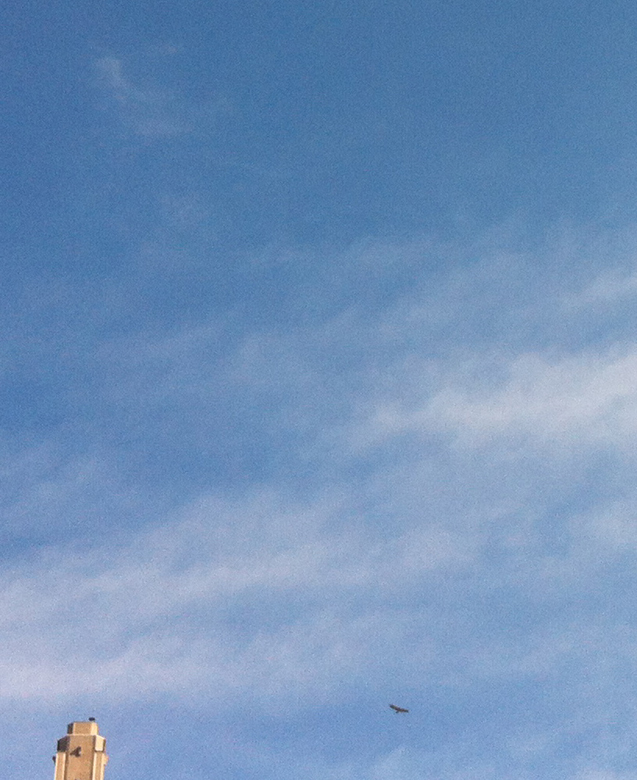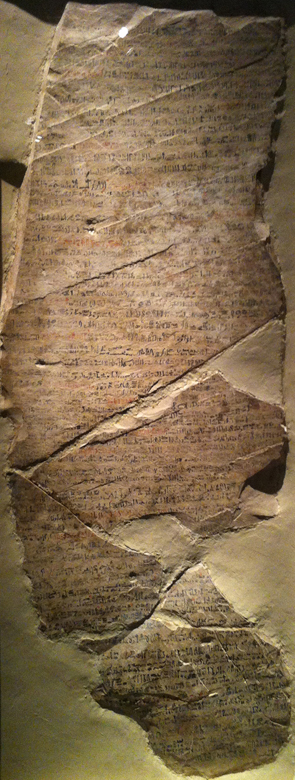CXVIII
I was a downward dog for the FBI
No matter their socio-economic circumstances, the successful Westerner will have mastered the art of pretending at Truth.
All reading is learning to read
All speaking is learning to speak
All thinking is learning to think
What is the relation between speech and breath?
To work is to transform
“The well known in general is unknown precisely because it is well known. Said Hegel oncet.
I was an epistemological subject for the FBI
For want of a (better) word, a sentence was lost.
For want of a sentence, a thought was lost.
For want of a thought, a way of knowing was lost.
For want of a way of knowing, a culture was lost.
Take ‘em to the bridge.
Tape ‘em to the fridge.
And Lady Mondogreen
How many of us soixante-huitards imagined a fifty-year, world-embracing counter-revolution?
Imagine… s’easy if u try…
‘scuse my diction, ain’t no fiction
Road kills
Rote skills
Cultures are plural, sez Jullien
What is this dong-xi (east-west) called Love?
A thing is a relation
The thing is
The thing is not
Of that there is no question
In Chinese:
Going away: past – present: coming
Wang gu jin lai
You can take precautions, even cautions, but post-cautions are too late
What is your in-tension?
And Bernie’s woods, will they come to Dunsinane?
Your monkey or your wife?
But why or?
Giovanni’s Mini-Storage
The Age of Exploration was, in fact, the trapdoor to the Age of Determinism. And, of course, I am writing this at a café table in India-on-Hudson, or is it China?
Which is where determinism gets you – that and being ahead of yourself.
What form, or forms, in the de facto globalized world, would real “exploration” take? What would constitute the mutual work among cultures, of exploring humanity and therefore discovering within it (us) a continuous potential unfolding of our possibilities?
What practices, what new deployments of our energies, would we need to invoke to carry forward the shared exploration – the more-than-ever-necessary work of translating Man into human?
After Herodotus, the door slammed. As a whole we chose, or were shunted, down the path of things and differences. And the dynamic tension of divergence became the road not taken, and hardly ever traveled by.
But now, again, de facto globalized, is it possible that we can we slide a “Visa” card into the lock bolt and slip inside the plural human?
A poem can sit down and wright me any time it wants to
Is your mind a little Greek?
Do your thoughts shade toward the bleak?
When you try to taste the sweet,
is it tart?
Is your figure more than eight?
Could you lose a little weight?
When you set out to create,
is it art?
Is your IQ less than geek?
Shriek
Eek!
Aargh!
My funky Valentine, etc.
Elephant moon
Is your logos less than Greek?
And your phalanx kinda weak?
When Pythia starts to speak,
do you hark?
For twenty minutes or so, Bobby, the red-tailed hawk, observes your Ba Gua circle walking from his perch on the branch of a nearby sycamore tree. Then he takes off and you stop walking to watch him swoop, seemingly lazily, in ever-varying loops above the circle in the square.
Portrait of the Artist as an Old Goat
Or, as the whale said to the herring: “It ain’t heavy, it’s my blubber.”
Walking east through the chill, early Sunday morning Flatiron streets on your way to pick up a rental car to transport you, Katie, and a friend out of Dodge to the Sheep and Wool Festival upstate. Blinding sun arising ahead, you look to your right and see: what’s next for new york? This printed on plastic adhesive stretched across the window of a posh coming-this-fall store. Hmmm, there’s more in the next window bay: what does connection mean to you? And, approaching the corner, one more: what’s the biggest risk you’ve taken lately?
You tap the window to confirm there’s glass beneath the plastic, not plywood. Let’s see what’s around? Nothing useful in the gutter. Ah, there’s a garbage can. Thrown with sufficient force, would it go all the way through? Maybe. We’ll see. Almost involuntarily, you’re moving toward it. In your mind the rim feels cold and dirty so you reach for your gloves. Grab begin to drag. Nearly empty. Wish it was heavier. Be a shame if it just bounced off – which is when you notice a sketchy guy checking you out from across the avenue. And a few yards past him, on the opposite side, a cop car parked. Two silhouettes in the front seat.
So not today.
But if not now, when?
The “tense” used most frequently in English today is, like, the disjunctive.
An i for an i, a phone for a phone…
It’s awful to be a materialist, since then you are ruled by things.
It’s awful to be too conceptual, since then you are ruled by abstractions.
It’s awful to be excessively spiritual, since then you are dispersed like a gas.
Better just to cultivate breathing and find your natural freedom in the play of yin and yang.
Lyslislastrada: Old Comedy meets Neorealismo with farcitragical resultz…
Speak your mind.
But is it your mind speaking?
And look, things are done that never happened before,
…the king begins to be removed by wretches…
…the councilors of the land are driven away thorough the land;…
…officials are in the Workhouse…
…she who had no box is the owner of a trunk;
…she who looked at her face in the water is the owner of a mirror.
…There is no Pilot…where is he today?
Fragments of The Dialogue of Ipuwer and the Lord of All, translated by Richard B. Parkinson in The Tale of Sinuhe and Other Ancient Egyptian Poems (Oxford: Clarendon Press, 1999), pp. 178-180). Ipuwer… says the exhibit title card, is a New Kingdom papyrus (ca. 1200BC), copied from a late Middle Kingdom text. It goes on to note that Ipuwer… is an example of ‘lamentation literature,’ a genre likely initiated in the Middle Kingdom. “Possibly the shock that accompanied the collapse of the Old Kingdom and later misfortunes played a role in the formulation of such texts, but they do not describe any exact historical situation. The evocation of societal upheaval, crime and sorrow serves rather to instigate a reflective discourse on evil in a world established by the creator god. In this contest, the pharaoh does not control the chaos but suffers with the rest of humanity.” [Metropolitan Museum of Art, “Ancient Egypt Transformed: The Middle Kingdom,” October 12, 2015 – January 24, 2016]
And then, there’s Sinuhe:
Again, a New Kingdom copy – this time in ink on limestone – of a text the exhibit card calls “the most famous Middle Kingdom work of fiction.” Tidily fit in mini-hieroglyphs onto both sides of a stone slab is the tale of Sinuhe, an official of the royal household who becomes fearful at the new pharaoh’s accession. Sinuhe “flees to Canaan, where he slays a menacing foe, raises a family, and prospers. Late in life, he returns to Egypt and is kindly received by the pharaoh, who grants Sinuhe a good and proper burial in his native land.”
And they all lived happily…


